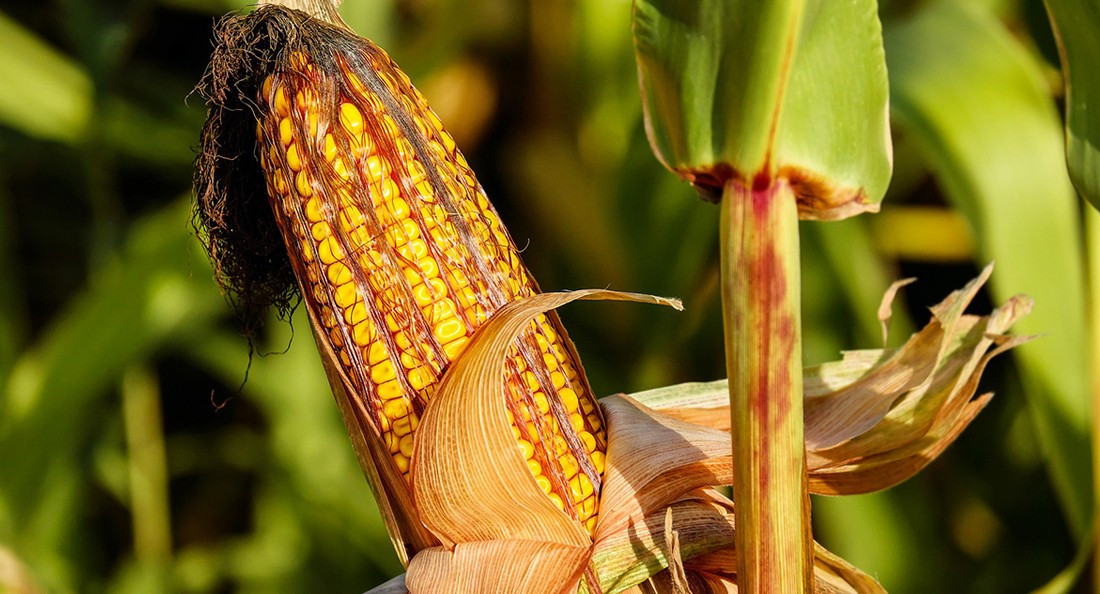Feed the stomach and the soul
Stew & Stories event aims to share Indigenous farming knowledge
Sandy-Saulteaux Spiritual Centre will run Indigenous Farming on the Prairies: Stew & Stories on March 23.
During the event, participants will make a batch of Three Sisters soup together (using corn, beans and squash), and three speakers will share some of their knowledge and experience surrounding Indigenous farming practices.
Stanley McKay, one of the centre’s elders who is speaking at the event, says these events can be an important part of the Truth and Reconciliation process.
“Reconciliation isn’t simply about sharing ideas – it’s about doing things together and sharing,” McKay says.
The speakers will include Audrey Logan, Caroline Chartrand and McKay.
Marcus Rempel, part of the centre’s staff, says Logan has a campaign calling for “a dehydration station in every nation.”
“She lives on a pretty slim budget and has managed to feed herself in a really wholesome, nutritious way by gathering produce when it’s in season and doing a lot of dehydrating,” he says.
“Wendell Berry has a quote about how ‘we need a revolution that the poor can afford,’ and I think Audrey is such a perfect example of that kind of vision.”
Chartrand says he is the founder of the Manitoba Metis Horticultural Society and has a very deep knowledge of seed saving and traditional crops of the Red River settlement and surrounding area going back several hundred years.
McKay, who is a member of Fisher River Cree Nation, says he will talk about growing up on the reserve and living self-sufficiently, with gardening as a particularly important component of that history.
“It was part of our self-sufficiency, part of our independence, part of our life in the community,” he says.
McKay says he will also talk about how growing food is a kind of therapy.
“I think with our modern stress and complications of life in 2019, we need some way to deal with that, with how we understand life,” he says.
McKay and Rempel both hope the event will encourage participants to remember “the ancient history of Turtle Island, or North America, is that some of the earliest agricultural activities were undertaken by Indigenous peoples long before contact,” McKay says.
“There were elaborate agricultural developments in what would now be the midwest United States and south. Huge irrigation projects and large numbers of the vegetables and food sources we have in our modern life come from Indigenous agricultural knowledge,” McKay says.
Rempel says they “really wanted to have this event to push back against the idea that agriculture belongs to white people.”
“Even the term ‘farmer,’ I think when people hear that word, most people are imagining a white man with a plaid shirt and ball cap climbing into a tractor. That’s not what Caroline Chartrand and Stan McKay and Audrey Logan look like,” he says.
McKay says he hopes the event will encourage participants to have healthier relationships with their environment.
“I think just working with the soil, tending the garden and watching the development of produce brings about health, clarity of mind, clarity of our place as humans in relation to a holistic understanding of the creation,” he says.
Due to the popularity of Sandy-Saulteaux’s events in their Beausejour area and Indigenous and sustainable farming enthusiasts in Winnipeg, registration for the event has already filled up. Rempel, says they plan to run more events like Stew & Stories in the future.
Published in Volume 73, Number 21 of The Uniter (March 14, 2019)







